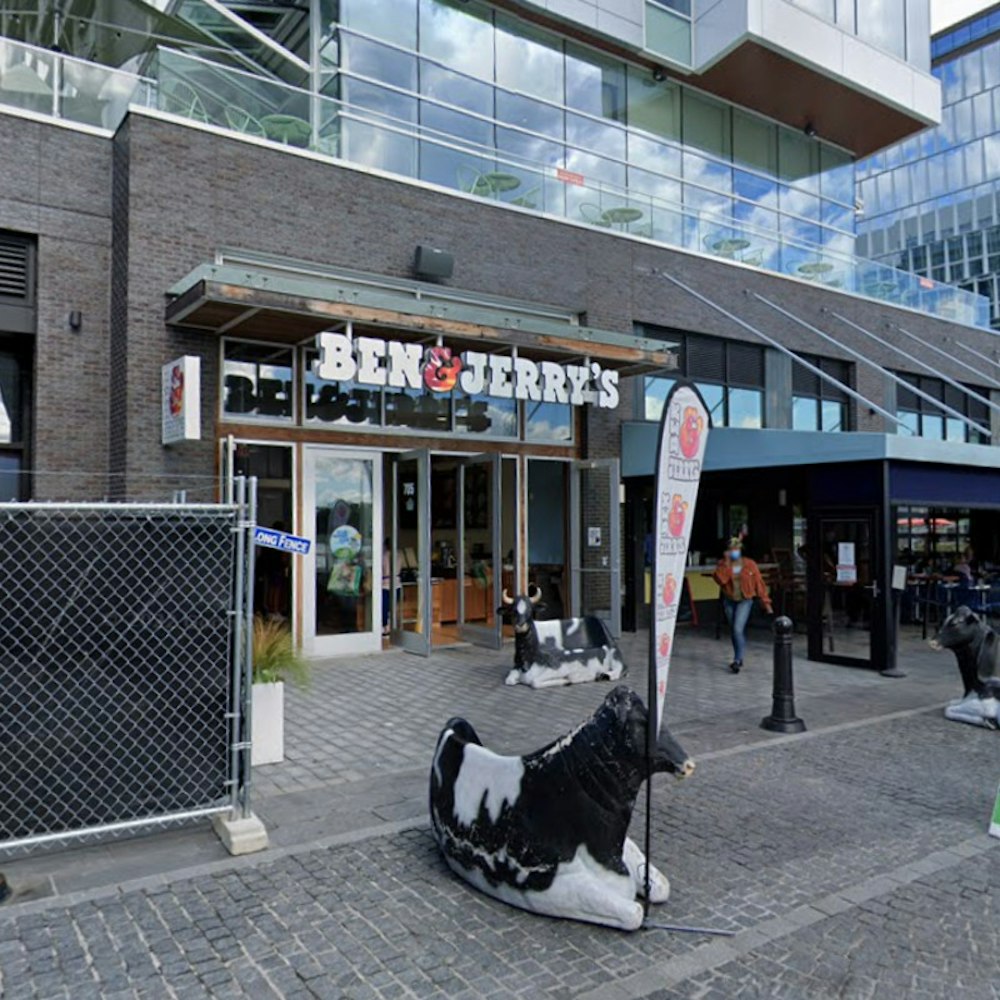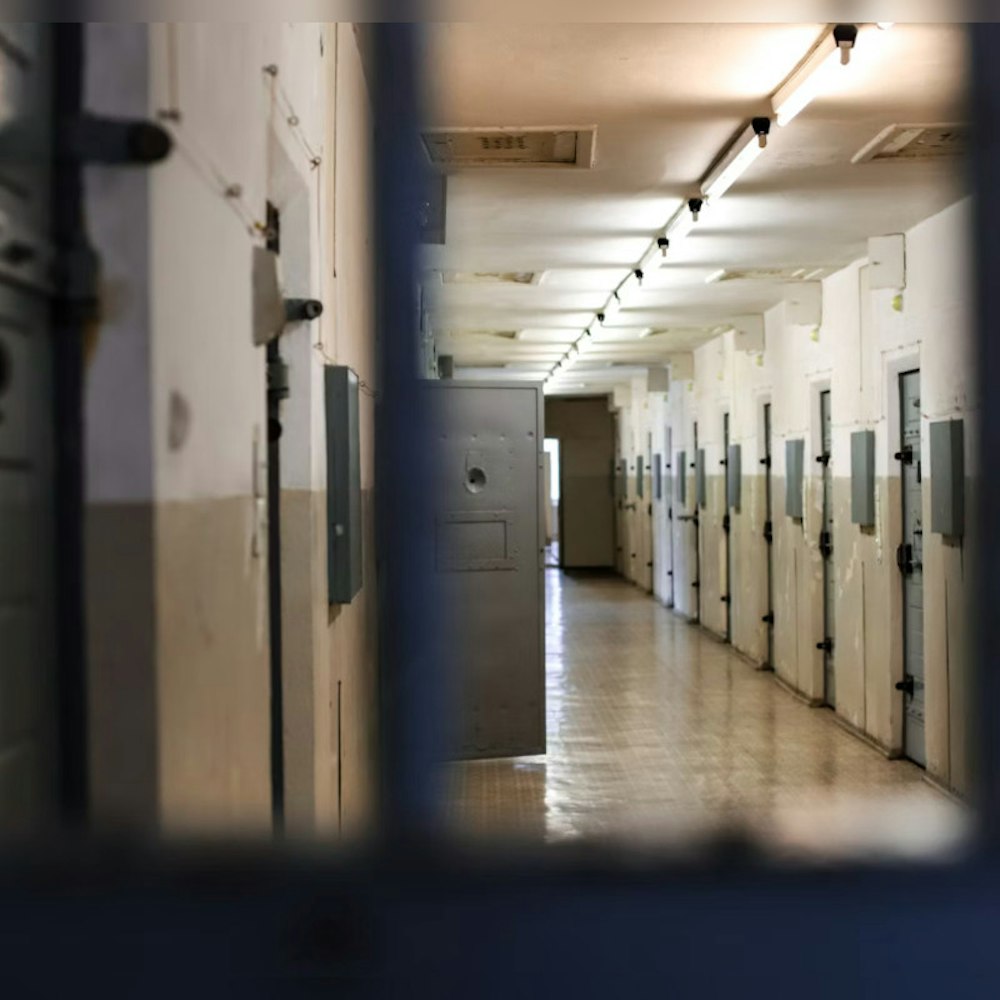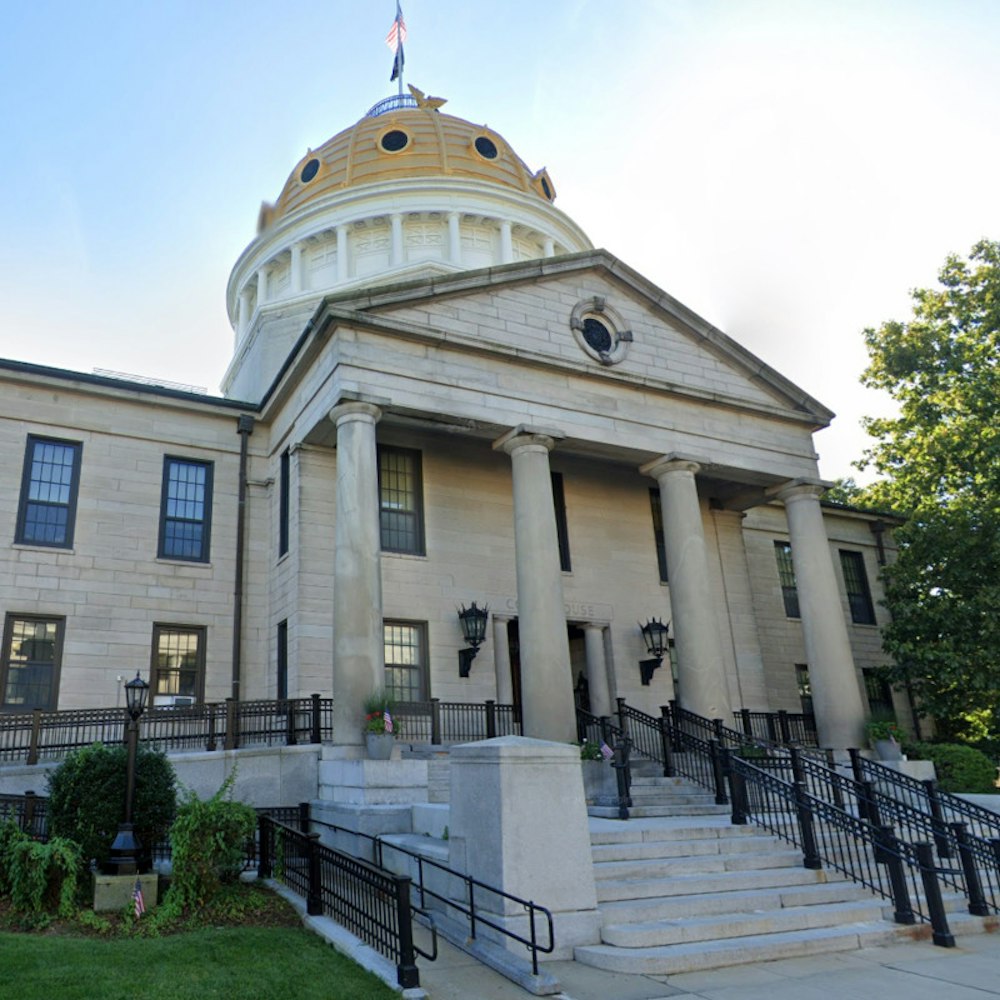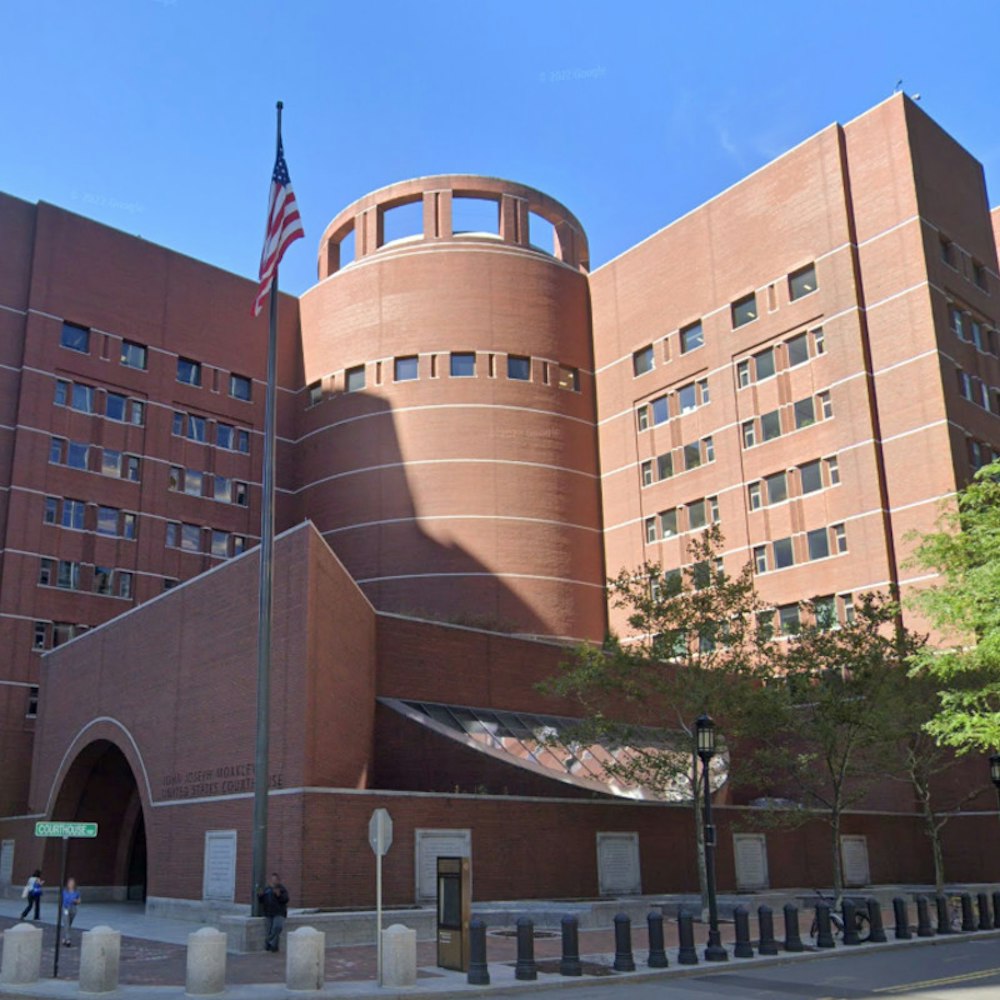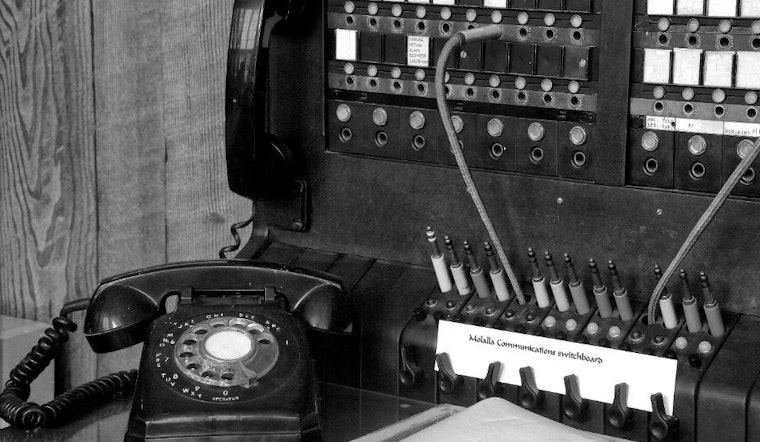
Fifty years ago, if you were trying to move to San Francisco to make a fresh start, chances are good you were moving to the Haight. There were—of course—no cell phones, no internet, no Craigslist to help you find a place to live.
Enter the Haight Ashbury Switchboard, a community service organized by local resident 30-year-old Al Rinker and initially based out of an apartment he rented at 1830 Fell St.
The Switchboard was a central way to provide necessary community services in the face of an almost unbelievable population boom that coincided with 1967's Summer of Love and the Hippie movement, for which the Haight was the national epicenter.
In the summer of 1967 alone, according to a report by the Village Voice, the Switchboard had over 18,000 people come through the door. (By comparison, the estimated population of the entire 94117 zip code, which includes the Upper Haight, was 41,568 in 2013, 46 years after the Summer of Love.)
Things happened fast that year; Joan Didion's seminal report of the Haight, "Slouching Towards Bethlehem," appeared in the Saturday Evening Post that September. By October 6th, a public ceremony was staged to mark the death of the Hippie.

During this time, one of the Switchboard's primary functions was their "crash pad" service, which connected newcomers with rooms they could rent or flop while they got on their feet.
Eventually, the Switchboard expanded its services to include job placement, legal advice (the Voice reports it had a stable of 30 volunteer lawyers by the fall of 1967), advice about how to get free healthcare (like at Dr. David Smith's Haight Ashbury Free Clinic, established that summer), a 24/7 phone hotline, and, in a pinch, a place to sleep on the floor of the Switchboard's office.
The Switchboard even published a 58-page booklet on how to survive in San Francisco.
It also provided a way for runaways to connect with their parents, and vice versa. At the same time that Huckleberry House was pioneering services for runaway youth (they were one of the first organizations not to report teens to their parents), the Switchboard allowed parents to call and leave messages for their children, through a controlled medium.
The Switchboard was volunteer-organized, but it provided a place for newcomers to connect to the scene. Jim Siegel, now the owner of Distractions (1552 Haight St.) and the Westerfeld House, began working there as a runaway teen in 1972.
From the December 14th, 1967 Village Voice report: "The Switchboard has discontinued its crash pad service in favor of apartment referral, but the legal services will continue. When I visited the house, late in October, it still had a feeling like London after the blitz."
The Switchboard changed locations a handful of times over the years and wound down substantially in the mid-1970s. But it continued to provide its services in some form or another until the early 1990s, when it began to be superseded by the Internet and forums like San Francisco-based Craigslist.

